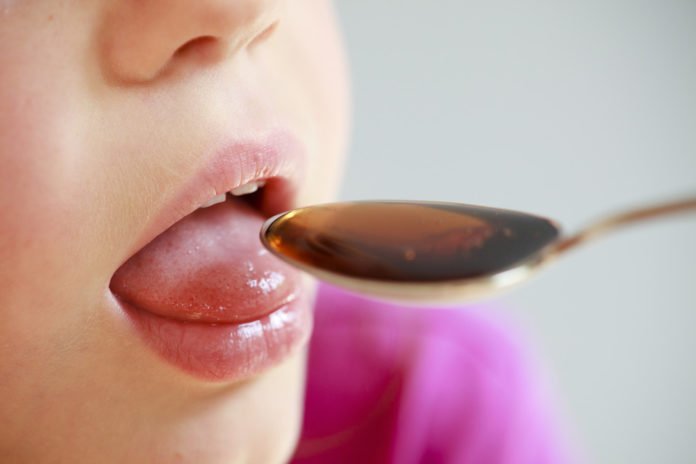In 2017 by considering safety concerns, American Academy of Pediatrics has recommended that a codeine-containing cough and cold medications should not be used. Thus, the FDA ruled that codeine should not be used to treat a cough or pain in children younger than 12 years old.
FDA recommends the use of codeine or hydrocodone can only be labeled for use in adults 18 and over. This is because a prescription cough and cold medicines containing the opioid hydrocodone are more likely to cause serious side effects in children than those containing codeine.
Now, a new study by the Penn State College of Medicine supports the U.S. FDA restrictions on prescription hydrocodone- and codeine-containing cough medicines for children and suggests that opioids, in general, should not be prescribed for coughs and colds in pediatric populations.
The examination became out of a bigger safety surveillance project by Paul and partners at the Rocky Mountain Poison and Drug Center in Denver, observing adverse events related with over-the-counter pediatric cough and cold medicines.
During this project, the surveillance system also detected serious side effects in children who had ingested prescription cough and cold medications that combined typically over-the-counter ingredients with opioid medications. Despite the public attention around codeine in children’s cold medications, the researchers noted that many of the adverse events were more likely to be linked to hydrocodone-containing prescriptions. This discovery led them to conduct the new study.
Based on data, scientists observed adverse events in children under 12 years. Between January 2008 and December 2015, there were 98 cases involving an adverse event at least potentially related to codeine or hydrocodone. In most of the cases, the medications were either prescribed to the children or accidentally ingested without supervision.
The data also suggested that drowsiness, lethargy, and respiratory depression in 86 percent of hydrocodone cases compared with 61 percent of codeine cases.
There were also three deaths reported, all of which were associated with hydrocodone combined with an antihistamine.
Dr. Ian Paul, a physician, and professor of pediatrics and public health sciences at Penn State College of Medicine said, “You could argue from this data that the adverse events profile from a hydrocodone-containing cough and cold medication ingestion appears to be more concerning than that from codeine-containing drugs. The message? “Healthcare providers should never prescribe an opioid-containing cough and cold products to children. Ever.”
“Parents of children with colds should remember that they typically resolve in their own with time. Supportive measures, like using non-aspirin pain relievers such as acetaminophen and ibuprofen, can help a child’s comfort. There’s some evidence that honey is effective for children one year of age and older and that topical vapor rub can be used for children ages two and up. And they can use nasal saline and humidified air to help a child get through the illness.”
Other researchers on this project were Kate M. Reynolds and Jody L. Green, both at the Rocky Mountain Poison and Drug Center at the Denver Health and Hospital Authority.
The research appeared recently in the journal Clinical Toxicology.
